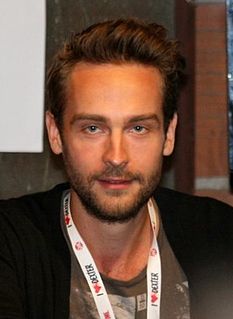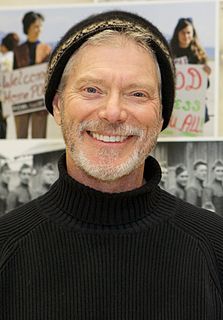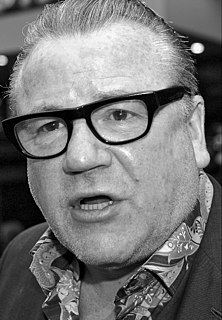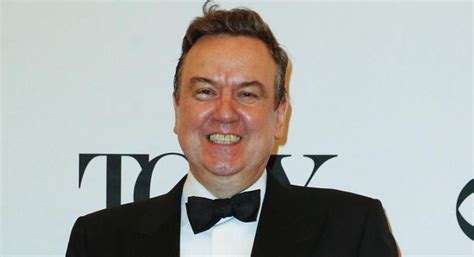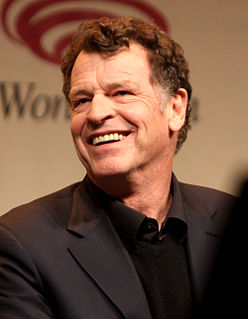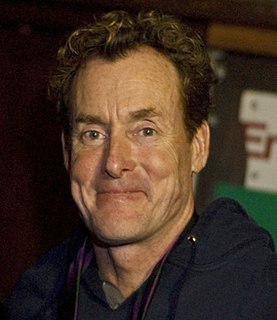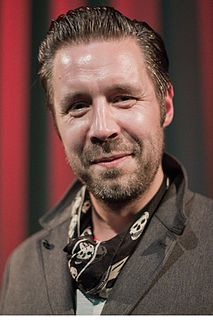A Quote by Danny Boyle
Some of us are interested in directors, but really the vast majority of us are interested in actors. You experience the films through the actors, so they're all locked into your imagination in some kind of layer of fantasy or hatred or wherever they settle into your imagination.
Related Quotes
I've always been a history buff. It was one of the few subjects at school that really, really caught me. I think you'll find a lot of actors will be interested in history because it sparks your imagination so much. When you enter a period of history, your imagination just goes wild in creating the world, which is really what acting is.
You've always got to have an imagination in the game we're in but it explodes on this. You get to try the costumes on before you start and feel the weight of them, which is great. But then you're opposite some of the greatest actors in the world and away you go. You find your imagination takes over without you really even thinking about it.
Henry Corbin creates the world - most of all his examination of the imagination and what the imagination was for him. Some philosophers would think of the imagination as a synthetic ability, how you put different things together. Artists more think of the imagination as creativity. So I really like the way that he presents the imagination as a faculty that allows one to experience worlds that are not exactly physical but are real nonetheless.
I'm really not interested in acting as a facade, I'm interested in it as an emotional expression and as a transcendent experience for an individual. I find that a lot of people, a lot of young actors, haven't gotten to the point where they're comfortable being stripped down. They're still interested in ornate jackets.
Marvel has this tradition, and I think that Sony has this tradition too, of hiring directors for Spider-Man who are dramatic directors. That are directors who are interested in human beings, in characters, in drama, and who are really good with actors. That kind of feels like a Spider-Man director to me. And because Spider-Man is always as big as the films that are being made at Marvel, it always is character and story. You can never take that out.
With directors, some have a kind of in-built ability to just know how to work with actors and get the best out of actors, and some don't have a clue about acting. I think it'd be a good idea if directors put themselves in front of the camera, or even went on a six-week drama course, just to know a little bit about what that feels like.

